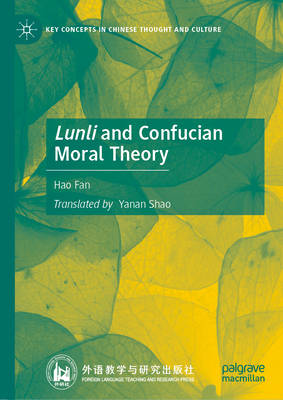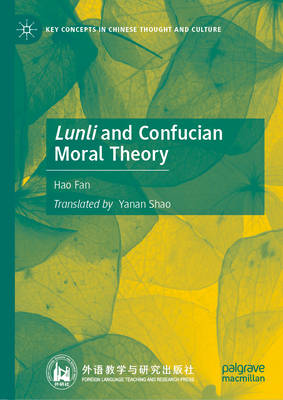
- Retrait gratuit dans votre magasin Club
- 7.000.000 titres dans notre catalogue
- Payer en toute sécurité
- Toujours un magasin près de chez vous
- Retrait gratuit dans votre magasin Club
- 7.000.0000 titres dans notre catalogue
- Payer en toute sécurité
- Toujours un magasin près de chez vous
Description
This book interprets the concepts, philosophies and cultural traditions of lunli (roughly construed as "relationships and rationality") from the perspective and domain of 'dialogue civilization.' On the conceptual level, it expounds the common reference and different tenets of the Chinese lunli and the Western "ethic", exploring the characteristics of lunli and "ethic" in civilization history, considering notably the difference between unification of family and state and division of the two at the embryonic stage of civilization. The book draws on the lunli-oriented culture and religion-based culture to demonstrate the difference between Chinese lunli and Western "ethic" in their respective top design and ultimate care, by exploring the issue "What the world would be like, if there were no lunli" for the Chinese and "What the world would be like, if there were no God" for westerners. Since lunli is the most prominent feature of "being Chinese", or the most symbolic and interpretative Chinese cultural concept, this pivot provides a key introduction for Western readers not only to the concept itself, but also to modern day Chinese culture.
Spécifications
Parties prenantes
- Auteur(s) :
- Editeur:
Contenu
- Nombre de pages :
- 191
- Langue:
- Anglais
- Collection :
Caractéristiques
- EAN:
- 9789819991044
- Date de parution :
- 12-07-24
- Format:
- Livre relié
- Format numérique:
- Genaaid
- Dimensions :
- 158 mm x 213 mm
- Poids :
- 376 g

Les avis
Nous publions uniquement les avis qui respectent les conditions requises. Consultez nos conditions pour les avis.






